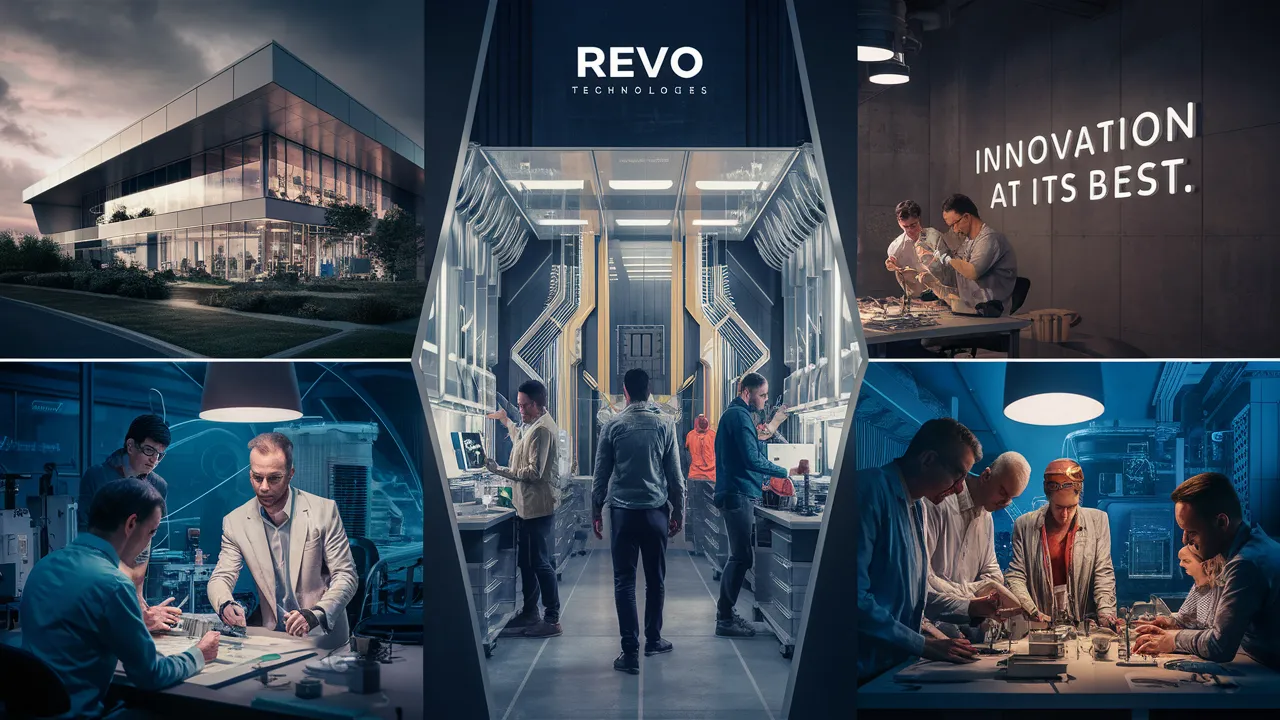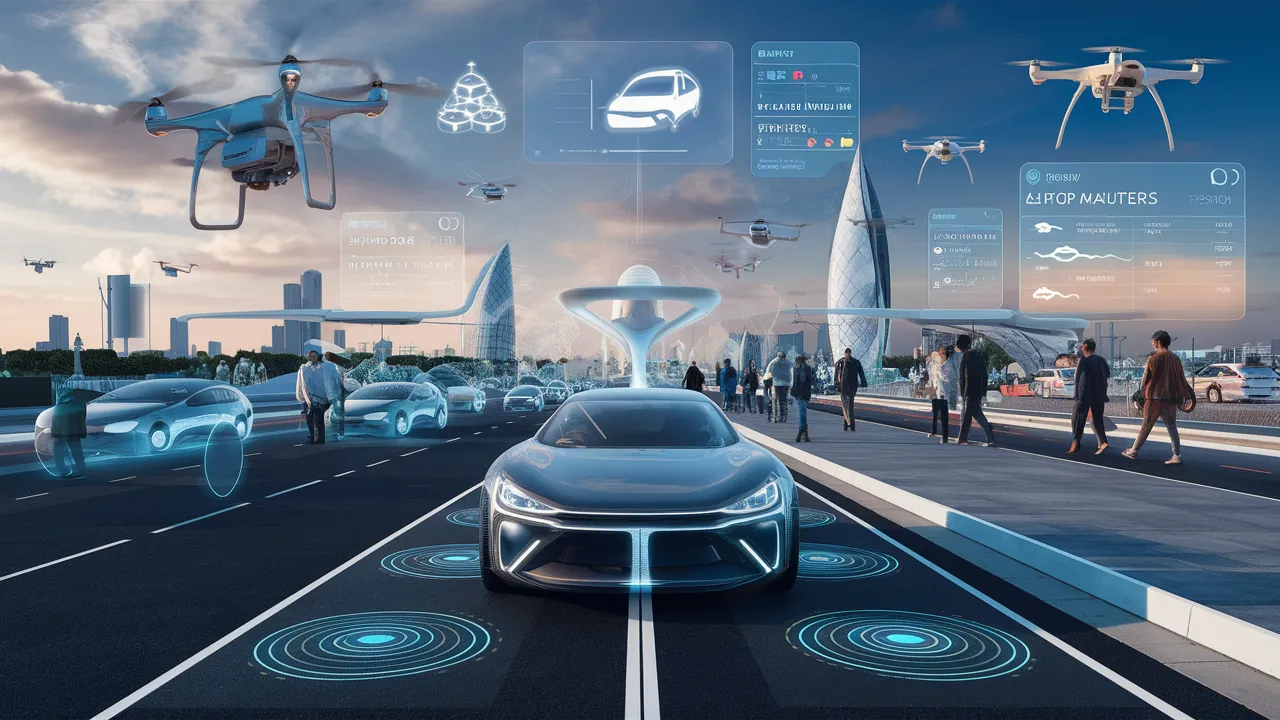
Introduction
In our fast-paced world, technology is becoming increasingly complex, often leaving users feeling overwhelmed. The constant influx of new tools and platforms can make managing our digital lives frustrating. However, simplifying technology can significantly enhance our productivity and overall well-being. This article will explore the need for simplified technology, the benefit of user-friendly interfaces, and practical tips to streamline your digital tools.
Understanding the Need for Simplified Technology
The Overwhelming Digital Landscape
The digital landscape today is filled with countless applications, platforms, and devices. From smartphones to laptops, it can seem like a maze of options. This extensive diversity can lead to confusion, especially for those who may not be tech-savvy. The sheer volume of choices can create decision fatigue, making it harder to determine which tools are truly necessary.
Moreover, as technology evolves at an unprecedented pace, keeping up with new updates, features, and security protocols becomes an additional challenge. This incessant change can alienate users, causing frustration instead of enhancement to their daily tasks. It’s essential to recognize this issue to seek out solutions that can streamline our interactions with technology.
The Benefits of Simplified Technology
Simplifying technology can lead to numerous advantages, including increased productivity, reduced stress, and a more enjoyable user experience. By focusing on essential tools and eliminating unnecessary distractions, individuals can allocate more time to what truly matters.
Furthermore, simplified technology often means improved clarity and ease of use. Tools designed with user experience in mind can boost confidence among users, leading to greater satisfaction and a willingness to engage more with the digital world. Ultimately, simplifying technology creates a more positive engagement with the tools we depend on daily.
The Role of User-Friendly Interfaces
Defining User-Friendly Technology
User-friendly technology refers to devices and applications that prioritize ease of use and intuitive interaction. The goal is to create systems that are accessible to everyone, regardless of their technical expertise. Such interfaces are typically designed with clear navigation, uncomplicated functionalities, and comprehensive support options.
By providing straightforward paths to achieve desired tasks, user-friendly technology empowers individuals to utilize tools effectively, reducing the learning curve associated with more complex systems. This democratization of technology is vital for fostering inclusivity and ensuring that everyone can benefit from digital advancements.

The Impact of Intuitive Design
Intuitive design plays a crucial role in user-friendly technology. When an application or tool is designed with the end-user in mind, it becomes significantly easier to learn and operate. Features like drag-and-drop functions, visual cues, and customizable dashboards all contribute to a seamless experience.
Moreover, intuitive design minimizes the likelihood of user error, as the technology naturally guides individuals toward completing tasks correctly. This impact cannot be overstated; it not only enhances user satisfaction but also builds trust in the technology itself, ensuring that users remain engaged rather than frustrated.
Streamlining Your Digital Tools
Consolidating Digital Platforms
One of the most effective ways to simplify your digital life is by consolidating the tools and platforms you use. Reducing the number of applications for similar functions can minimize confusion and enhance productivity. For example, instead of using separate apps for note-taking, task management, and calendar events, consider an all-in-one solution like a comprehensive productivity suite.
By streamlining your digital tools, you can maintain greater focus on your tasks and workflows, leading to optimized performance. This approach also saves valuable time that you would otherwise spend toggling between multiple applications.
Choosing the Right Tools for Your Needs
When selecting digital tools, it’s important to consider your specific needs and workflows. Not every tool fits everyone; therefore, customizing your digital toolkit to your preferences can significantly improve your efficiency. Take the time to explore and test different applications, prioritizing those that offer the best user experience and functionality for your daily tasks.
Additionally, seeking out tools that integrate well with each other can create a more cohesive digital environment. The right combination will allow for smoother transitions between tasks and, ultimately, a more streamlined experience.
Making the Most of Automation
The Power of Automation in Everyday Tasks
Automation has emerged as a powerful ally in simplifying our tech-driven lives. It allows us to offload repetitive tasks to digital solutions, freeing up our time for more meaningful work. Whether it’s scheduling social media posts, managing emails, or organizing files, automation can enhance productivity while reducing the mental load of routine tasks.
These technological advancements are particularly beneficial for busy individuals who juggle multiple responsibilities. Implementing automation means less time spent on trivial pursuits, enabling a focus on strategic initiatives and personal interests.
Setting Up Your Own Automation Systems
Creating your own automation systems requires a bit of upfront investment in time and learning. However, the long-term benefits far outweigh the initial effort. Start by identifying the tasks you frequently perform, then explore automation tools that align with those needs. Popular automation services like Zapier or IFTTT can connect different applications and automate actions between them.
By experimenting with various automation workflows, users can develop a personalized system that continually simplifies their daily routines, making technology work for them instead of against them.
Tips for Maintaining a Simplified Digital Life
Regular Digital Cleanups
To maintain a simplified digital life, conducting regular cleanups is essential. Just as one would declutter a physical space, it’s vital to routinely assess your digital environment. This includes eliminating unnecessary files, unsubscribing from irrelevant newsletters, and deleting unused applications.
Establishing a schedule for these cleanups, whether monthly or quarterly, can significantly contribute to keeping your digital life organized and free from clutter. This practice not only enhances overall efficiency but also provides a sense of relief from digital overwhelm.
Staying Updated with Tech Developments
Finally, keeping abreast of the latest tech developments can aid in making informed decisions regarding tools and platforms. Subscribing to tech blogs, listening to relevant podcasts, or following influential figures in the tech industry can enrich your understanding of new advancements.
This knowledge allows you to continuously refine your digital toolkit, ensuring that you are utilizing the most effective solutions to simplify your technology experience. Staying informed also enables you to identify potential threats or challenges in the technology landscape, ultimately helping you maintain a secure and efficient digital life.
In conclusion, simplifying your digital life is not merely a trend, but a necessity in today’s world. By understanding the overwhelming nature of our digital landscape, prioritizing user-friendly interfaces, streamlining tools, embracing automation, and maintaining organization, anyone can achieve a more manageable and fulfilling technology experience.
Conclusion
Easy technology simplifies daily tasks, enhances communication, and improves efficiency for users of all ages. Its intuitive design and accessibility help bridge the digital divide, making it easier for everyone to stay connected, informed, and productive. As technology continues to evolve, embracing user-friendly innovations will empower individuals to adapt, learn, and thrive in an increasingly digital world. Easy technology ensures that progress remains accessible to all, fostering inclusivity and growth.








